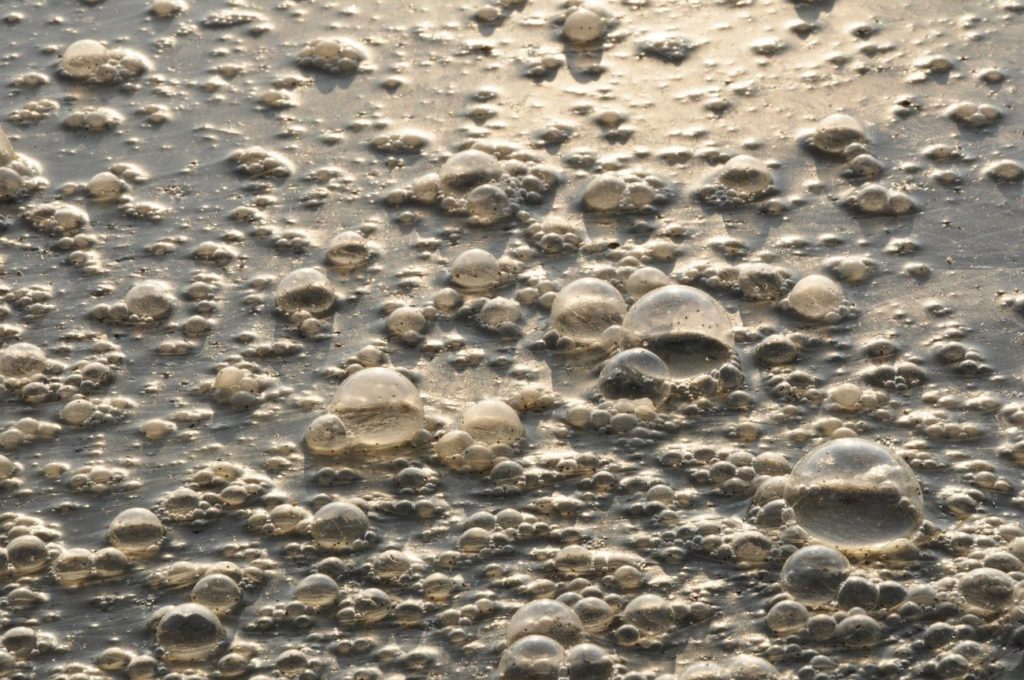NEW YORK – Commenting on World Water Day (March 22), the Secretary-General of the United Nations said, “2.1 billion people live without safe water . . . By 2030, an estimated 700 million people worldwide could be displaced by intense water scarcity.”
It is insightful, if not interesting, that we can infer from the Secretary-General’s comments that he does not expect to be able to achieve the UN’s Sustainable Development Goal (SDG) #6 for 100 percent clean water access by the 2030 goal.
There is no question that the world is facing a water crisis that could potentially affect the entire global population. And, despite the claims that no one should be denied access to clean water, most people who are currently affected by a lack of clean water are not “denied access.’ They either don’t have a source of water nearby and/or the source they have is polluted. Many have no choice. When they are thirsty, contaminated water is their only choice. Often the closest source is a mile or more away.
However, as the global population continues to increase along with agricultural and industrial demands for water, the eventual losers will be individual men, women, and children who are left to fend for themselves against corporate giants. When the world reaches that tipping point, we may discover that access to clean water may become a need that is denied by whatever powers may be.
Most people would be startled to learn that, on average, the number of people who have died annually over the past 35 years from drinking unsafe water is more than 10 times greater than either natural disasters or armed conflicts (780,000 vs. 63,000 and 75,000).
World Vision recently shared the following statistics that should help us to better comprehend the extent of the global water crisis.
- 844 million people lack basic drinking water access, more than 1 of every 10 people on the planet.
- Women and girls spend an estimated 200 million hours hauling water every day.
- The average woman in rural Africa walks 6 kilometers every day to haul 40 pounds of water.
- Every day, more than 800 children under age 5 die from diarrhea attributed to poor water and sanitation.
- 3 billion people live without access to basic sanitation.
- 892 million people practice open defecation.
- 90 percent of natural disasters are water-related.
National Geographic underscored our earlier comment concerning the impact of population growth, explaining that
There is the same amount of freshwater on earth as there always has been, but the population has exploded, leaving the world’s water resources in a crisis.
People need water to survive, but survival depends on having clean water and having it in or very near to our homes and workplaces – something that Western nations often take for granted.
We need to collectively understand that the underlying issue is not that we need more water. Like all of the other resources with which God has blessed us, there is an abundant supply. The solution to the water crisis is better management of the water that we have.
That solution includes preventing pollution and contamination, providing secure delivery systems to families and villages where access is currently limited, discovering our own personal role in delivering the solutions.
Providing access to clean water has been at the heart of Gospel for Asia’s outreach for most of its 40 years of service to South Asia. Gospel for Asia (GFA) is one of the leading suppliers of freshwater wells through the subcontinent, providing free access to clean water by drilling thousands of borewells (Jesus Wells) and installing Bio-Sand water filters.
You may not be able to provide a solution to the water crisis directly, but you can contribute to reputable NGOs that can make every dollar count as they work together to bring an end to this crisis.
Click on the link to learn more about Clean Water through Jesus Wells
To learn more about the water crisis, please read GFA’s most recent special report, “Dying of Thirst: The Global Water Crisis.”
To read more news on the global clean water crisis on Missions Box, go here.
Sources:
- United Nations, Secretary-General’s message on World Water Day
- Newsweek, World Water Day 2019: Shocking Facts About Earth’s Most Precious Resource
- National Geographic, Freshwater Crisis
- World Vision, Global water crisis: Facts, FAQs, and how to help
For more information about this, click here.





